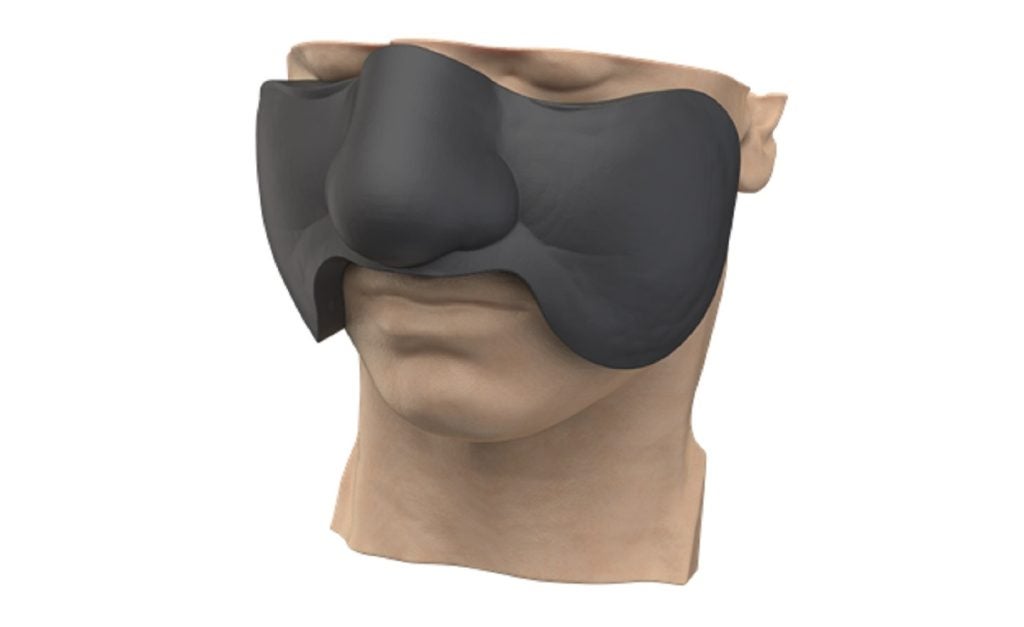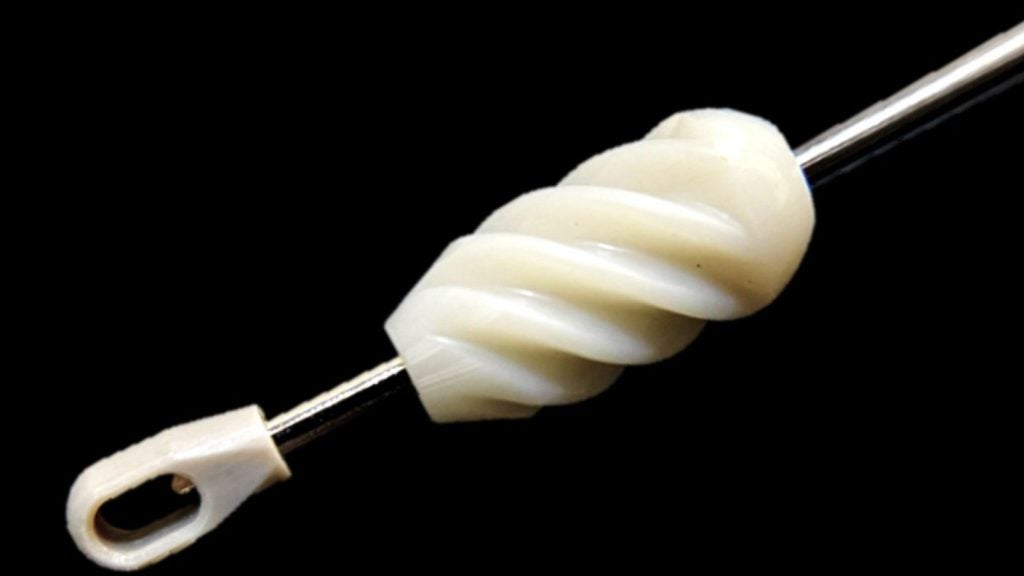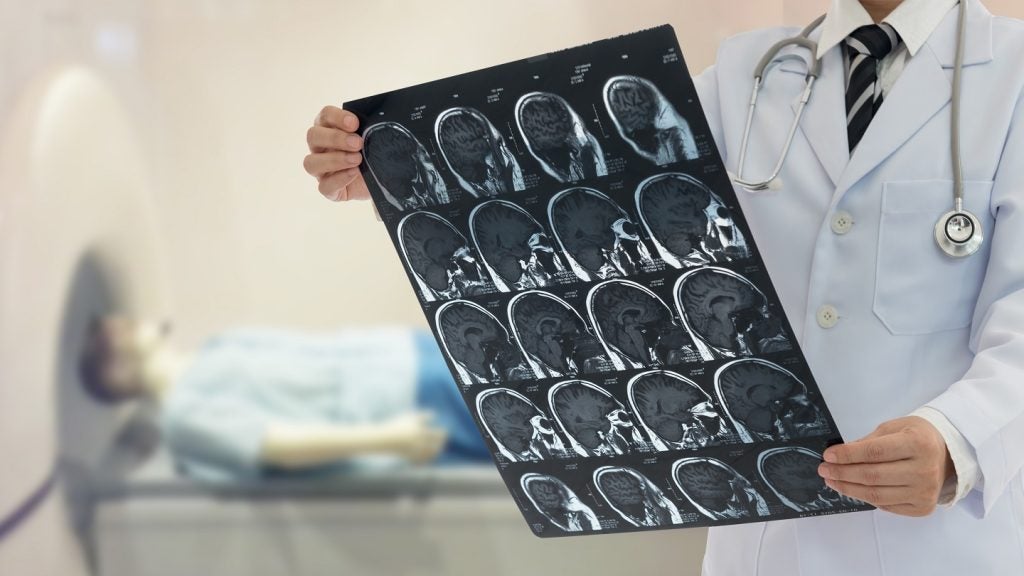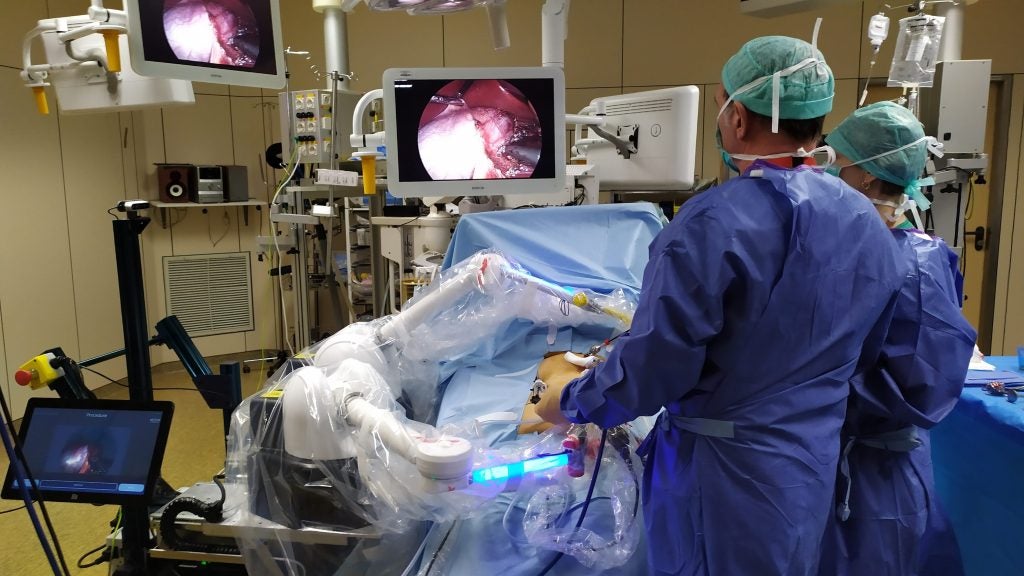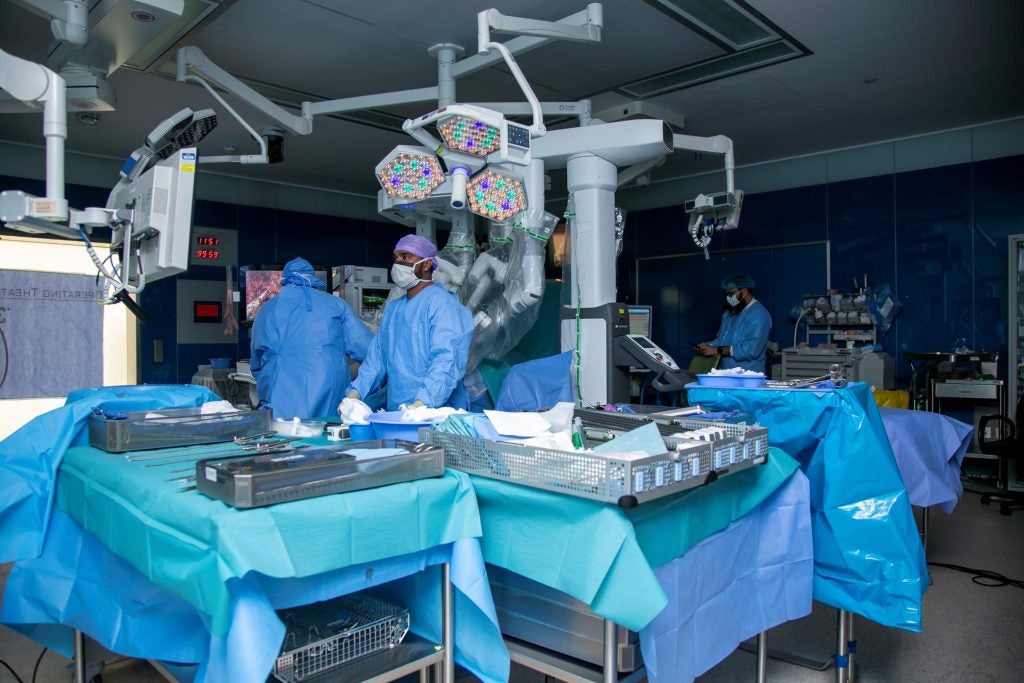3D Systems has announced a partnership with Klarity to expand the distribution of its VSPBolus solution, which was approved by the US Food and Drug Administration (FDA).
Klarity will add VSP Bolus to its patient-specific 3D-printed products, Klarity Prints, powered by 3D Systems.
Klarity Prints is a service-based line of 3D-printed radiotherapy accessories, including VSP Bolus, which does not need specialised hardware or software.
3D Systems Healthcare Solutions EVP Menno Ellis said: “Klarity has a strong reputation in the radiation oncology sector for delivering superior products and service.
“The company’s commitment to improving patient care through treatment personalisation aligns with 3D Systems’ market-leading service model for delivering high-quality 3D-printed, patient-specific medical devices for over two decades.”
VSP Bolus is intended for the delivery of biocompatible, 3D-printed, patient-specific boluses, which can improve patient comfort, enhance therapy modulation and lower technician time.
The solution is 3D-printed to the exact treatment plan bolus dimensions from a soft, biocompatible material that contours to the anatomy of the patient for an enhanced treatment experience.
Radiotherapy clinics across Canada and the US can now access this 3D-printed solution because of the distribution agreement with Klarity.
Klarity CEO Peter Larson said: “This collaboration aligns perfectly with Klarity’s ongoing commitment to improving the quality of care provided by our customers.
“As a North American distributor of 3D Systems’ 3D-printed biocompatible bolus products, we will be at the forefront of advancing personalised care and improving the patient experience.”


